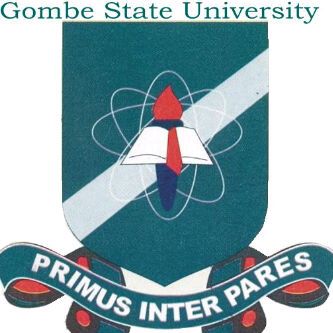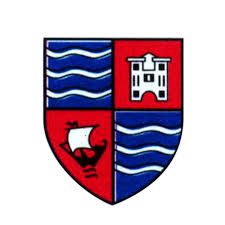Government Keypoints: Pre-colonial Polities; The pre-colonial era in various regions of Africa was characterized by diverse and sophisticated political systems that governed communities and territories. Understanding the history, structural organization, and functions of these pre-colonial polities, such as the Pre-jihad Hausa, Emirate, Tiv, Igbo, and Yoruba, offers insight into their governance structures and societal organization.
Study more government keypoints here
Government Keypoints: Pre-colonial Polities
Pre-jihad Hausa States:
History: The Hausa city-states, including Kano, Katsina, Zazzau, and others, were established before the Fulani Jihad in the early 19th century. Renowned for their trade networks and cultural advancements, these states engaged in commerce, particularly trans-Saharan trade in goods like salt, cloth, and slaves.
Structural Organization:
- Rulership: The Hausa states had leaders known as Sarkis or Emirs, who exercised authority over territories.
- Administration: Emirs were assisted by councils comprising aristocrats and district heads responsible for governance and justice.
Functions of Political Institutions:
- Trade and Commerce: Administered trade routes, regulated trade activities, and collected taxes from merchants.
- Judicial System: Resolved disputes and enforced laws within their jurisdictions.
- Infrastructure Development: Oversaw the construction of city walls, palaces, and marketplaces.
Emirate Systems:
History: Emerged after the Fulani Jihad in the 19th century led by Usman dan Fodio. Prominent emirates include the Sokoto Caliphate in present-day Nigeria.
Structural Organization:
- Centralized Rule: Emirate systems were led by Emirs or Sultans, with a hierarchical structure of governance.
- Districts: The territories were divided into districts, each headed by appointed leaders answerable to the Emir.
Functions of Political Institutions:
- Religious Leadership: Emirs often had spiritual roles as guardians of Islamic norms and teachings.
- Administrative Oversight: Managed the collection of taxes, administration of justice, and security.
Tiv Society:
History: The Tiv people of present-day Benue State, Nigeria, had a decentralized political structure.
Structural Organization:
- Clan-based Governance: Organized around clans led by chiefs known as Ter.
- Elders Council: Decision-making involved the council of elders guiding the Ter.
Functions of Political Institutions:
- Community Affairs: Tiv chiefs presided over village affairs, conflict resolution, and maintained societal norms.
Igbo Societies:
History: The Igbo people in southeastern Nigeria were organized into autonomous villages.
Structural Organization:
- Village Autonomy: Each village was autonomous, governed by titled chiefs and councils of elders.
- Democratic Principles: Decision-making was through consensus, involving community members.
Functions of Political Institutions:
- Justice and Dispute Resolution: Handled disputes, maintained law and order, and promoted communal welfare.
- Community Representation: Chiefs represented their villages in broader Igbo assemblies.
Yoruba Kingdoms:
History: Yoruba kingdoms like Oyo, Ife, and Ijebu were notable for their centralized monarchies.
Structural Organization:
- Monarchical Rule: Led by obas or kings with considerable powers.
- Council of Chiefs: The Oyomesi served as a council of chiefs, balancing the authority of the oba.
Functions of Political Institutions:
- Judiciary: Administered justice, resolved conflicts, and maintained order within the kingdom.
- Cultural Preservation: Oversaw religious rites, ceremonies, and cultural traditions.
Comparison of Systems:
- Centralization: Emirate and Hausa states were more centralized compared to the decentralized systems of Tiv and Igbo societies.
- Leadership Structure: While the Emirate and Hausa systems had Emirs, the Igbo and Yoruba systems had varied leadership structures, emphasizing checks and balances.
In summary, each pre-colonial polity had distinct historical backgrounds, organizational structures, and functions of political institutions. The Hausa states and Emirate systems were centralized, while Tiv, Igbo, and Yoruba societies demonstrated more decentralized governance models with unique socio-political characteristics.












